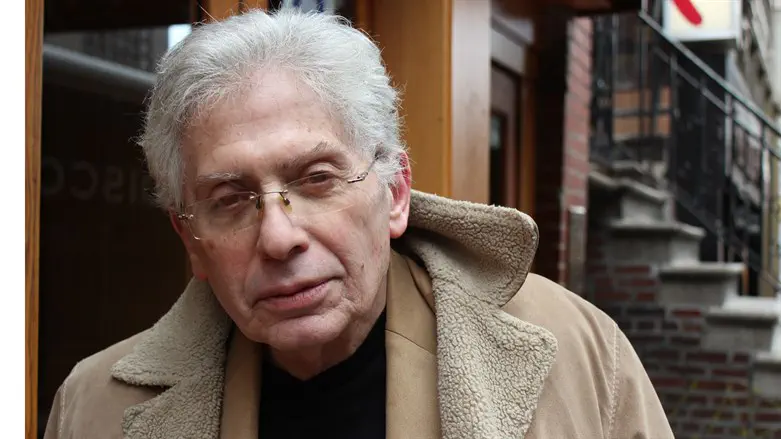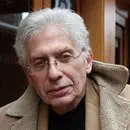
The breaking news is that Title 42 has been extended, by the Supreme Court, thus averting a surge of migrants that would have become torrential.
Still they come here in droves, illegally, mostly men, and say, “Feed me.”
From Honduras, Guatemala, Haiti and elsewhere around the world they come and expect, and are often granted, instant gratification.
Not for them the waiting 10 years for the proper papers. Biden says come, and they come, by the millions.
I remember those 10 years when Father would come home exhausted after visiting another lawyer, another ambassador, another diplomat, all to no avail for a visa.
The doors were mostly closed.
Roosevelt knew the situation, but he did not care. Canada’s government declared, humorously, “None is too many,” Here for the memoir.
For most Americans, like those who got their news from The New York Times, the Holocaust was a distant thing. Somebody else’s business.
The Times usually mentioned it, if at all, on page 36…a paper owned by Jews, but Jews afraid of rocking the boat.
They did not want to be identified with Those Jews.
So the murder of Six Million by the Germans, by all of Europe, became noticed only gradually among Americans. It took years to grasp the full horror.
It was in those days when Mother found out that she had relatives on Long Island. These were well established, prosperous Americans, and certainly they would be happy to meet a European cousin who had just arrived from France, through Spain, through Portugal, aboard the Serpa Pinto, carrying a suitcase that had been packed in a hurry.
Suitcases, to this day, are a dreaded sight among the remaining Holocaust Survivors. The suitcase is a symbol of all that was left behind.
So a meeting on Long Island was arranged, and there is no telling how Mother got there; she spoke no English. The relative, Mina, retained some Yiddish.
The home on Long Island was grand, as it had been for Mother and her family back in Toulouse, France before the arrival of the French police and the German Gestapo.
Mina had invited Mother for a chat.
In the kitchen, over coffee and cake, Mother explained this, calmly…how all was lost.
Mina listened patiently, even sympathetically, but without fully understanding how this could be so, so terrible. She knew, of course, about Hitler, about Jews being deprived of homes and businesses…she’d read about it in the paper…, but about concentration camps and Jews being hunted and whisked off the streets, of that she knew but faintly.
Was it really that bad?
For Mother, this was a revelation. America was not a different country. It was a different world.
She realized that it would take time to tell the story, but Mina had not the time. A European story was not her story.
She was an American, and soon she would have to pick up the kids from school, prepare dinner, and get ready for an important gala to which she and her husband had been invited.
This was not the chat she had in mind.
Mother understood this, but she could not help crying when she told about her family…also Mina’s family…that had, one by one, been wiped out by the Nazis.
Mina listened, with growing impatience, and some irritation, about events that were far from her own life, but so close to Mother’s, and it became unbearable for Mina, to learn how Tanta Erna was exposed to the Gestapo when she dared to visit her three sons, all in hiding, separately, and all doomed together.
Mina too began crying, truly for the tragic loss, but also, mainly, in fact, for the serene life of hers that was being uprooted by this tale from Europe.
This was an intrusion she had not expected and did not need.
“I’ve heard enough,” she screamed.
Mother said, “i did not mean to upset you. But you asked to be told how it was.”
“But not such details.”
Never would they meet again.
New York-based bestselling American novelist Jack Engelhard writes regularly for Arutz Sheva.
He wrote the worldwide book-to-movie bestseller “Indecent Proposal,” the authoritative newsroom epic, “The Bathsheba Deadline,” followed by his coming-of-age classics, “The Girls of Cincinnati,” and, the Holocaust-to-Montreal memoir, “Escape from Mount Moriah.” For that and his 1960s epic “The Days of the Bitter End,” contemporaries have hailed him “The last Hemingway, a writer without peer, and the conscience of us all.” Email Jack here.

